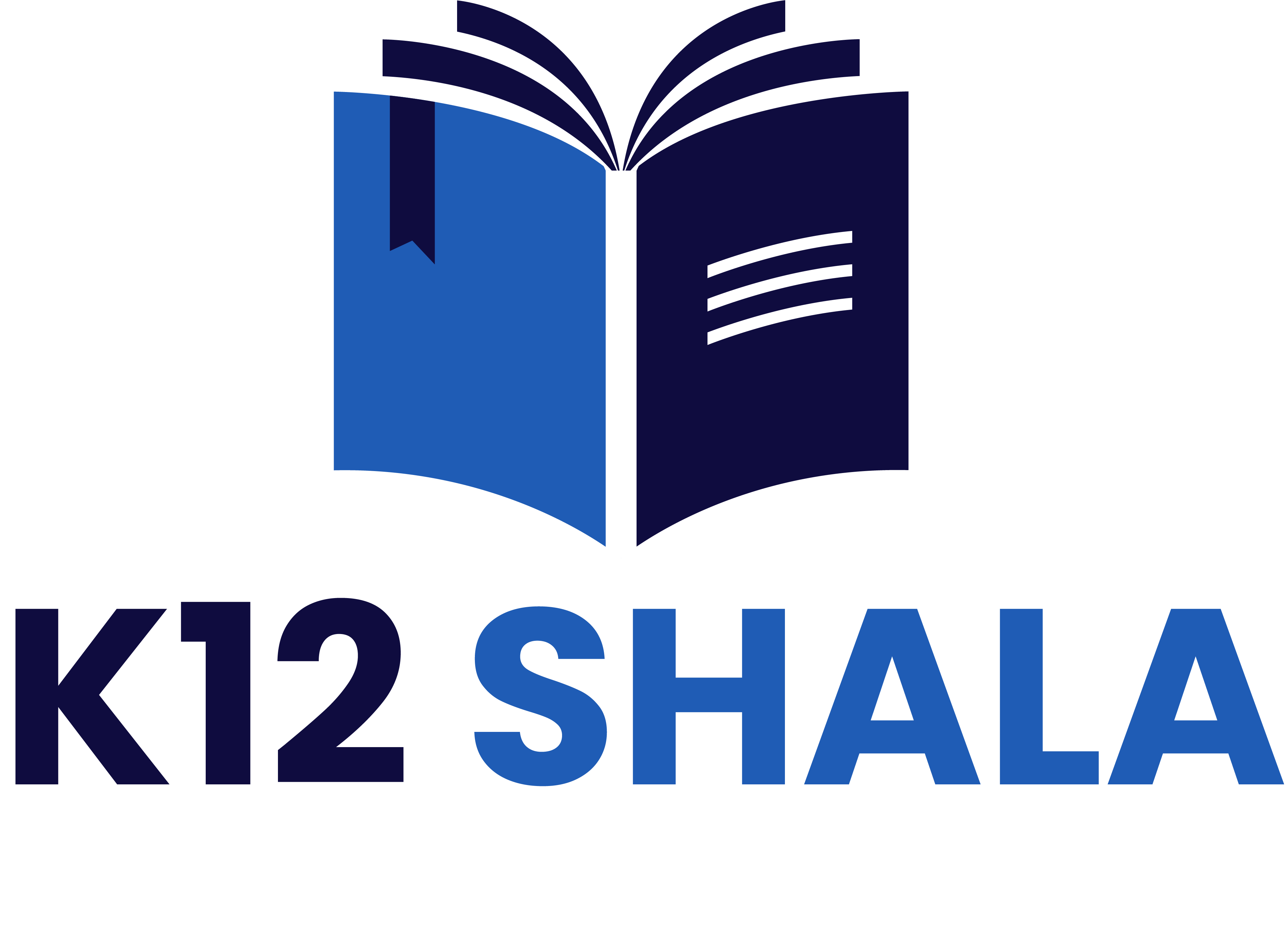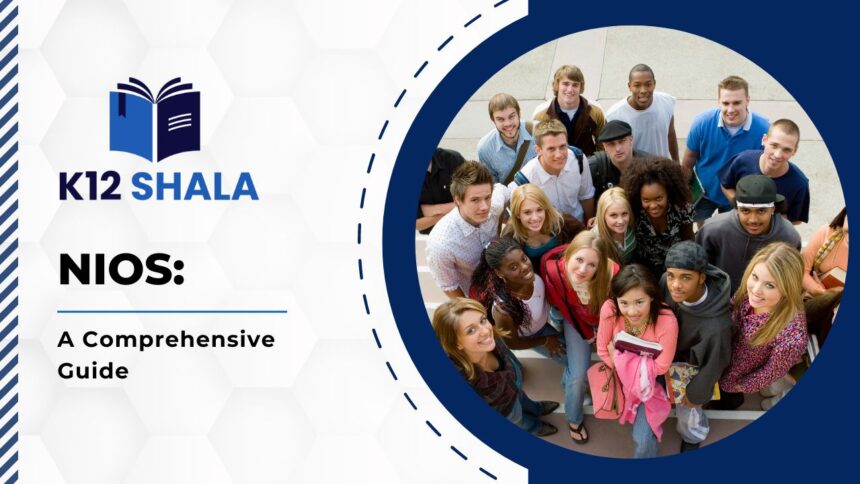Introduction to NIOS
Welcome to the ultimate guide on NIOS – the National Institute of Open Schooling. If you’re looking for a flexible and alternative way to pursue education, then NIOS might just be the perfect fit for you. In this comprehensive blog post, we will delve into the history, courses offered, advantages and disadvantages, success stories, and everything else you need to know about NIOS. So sit back, relax, and let’s explore how NIOS can open up a world of possibilities for your educational journey!
The History of NIOS
Established in 1989, the National Institute of Open Schooling (NIOS) has a rich history rooted in providing alternative education options. Initially known as the National Open School, NIOS was set up by the Ministry of Human Resource Development to cater to students who needed flexible learning pathways. Over the years, NIOS has evolved to become one of the largest open schooling systems globally.
With a mission to provide inclusive and sustainable education, NIOS has adapted its curriculum to meet the diverse needs of learners across India and beyond. By offering courses at secondary and senior secondary levels, NIOS has opened doors for many individuals who may have struggled within traditional educational settings.
Through innovative teaching methods and a commitment to excellence, NIOS continues to play a significant role in shaping the future of education. As it moves forward into new horizons, NIOS remains dedicated to empowering learners through accessible and quality education opportunities.
How NIOS Differs from Traditional Education
When it comes to comparing NIOS with traditional education, one of the key differences lies in the approach to learning. Traditional education typically follows a set curriculum and timetable, while NIOS offers more flexibility in terms of study pace and exam schedules.
In traditional schools, students attend classes daily, whereas with NIOS, learners have the freedom to choose when and where they study. This can be particularly beneficial for individuals who need to balance work or other commitments alongside their studies.
Moreover, NIOS allows students to take exams when they feel ready, as opposed to traditional schools where exams are held at fixed times during the academic year. This personalized approach can help students perform better academically by reducing exam-related stress and pressure.
The adaptability and individualized nature of NIOS make it a compelling alternative for those seeking a non-traditional educational experience.
Courses Offered by NIOS
NIOS offers a wide range of courses catering to students with diverse interests and educational needs. From academic subjects like Mathematics, Science, and Social Sciences to vocational courses in areas like hospitality, agriculture, and computer technology, NIOS provides flexibility in choosing the right path for your future.
For those interested in arts and humanities, NIOS offers courses in subjects like History, Geography, Political Science, Economics, and Business Studies. Students looking to develop practical skills can opt for vocational courses such as carpentry, plumbing, welding or electrical work.
Additionally, NIOS also offers courses specifically designed for students with special needs or those who are differently abled. These courses aim to provide an inclusive and accessible education system for all learners.
Advantages and Disadvantages of NIOS
Advantages of enrolling in NIOS include the flexibility it offers to students who may have other commitments like work or family responsibilities. This allows individuals to study at their own pace and convenience, without the rigid structure of traditional education.
Another advantage is that NIOS caters to a wide range of learners, including those who may not thrive in a traditional classroom setting. The varied courses offered by NIOS allow students to choose subjects that align with their interests and career goals.
On the flip side, one disadvantage of NIOS is the lack of face-to-face interaction with teachers and peers. Some students may struggle with self-motivation and discipline when studying independently.
Additionally, there can be a stigma attached to non-traditional education pathways like NIOS, which could impact job prospects or further educational opportunities for some individuals.
Tips for Success in NIOS
Embarking on your educational journey with NIOS can be an exciting opportunity for personal growth and development. To ensure success in your studies, it’s crucial to stay organized and motivated throughout the process.
Create a study schedule that works best for you. This will help you manage your time effectively and stay on track with assignments and exams. Additionally, don’t hesitate to reach out to your tutors or mentors if you encounter any challenges along the way.
Furthermore, make use of various learning resources available through NIOS, such as online materials, textbooks, and practice tests. Engaging with different study tools can enhance your understanding of the subjects and boost your confidence during assessments.
Moreover, consider joining study groups or online forums where you can collaborate with fellow students and exchange ideas. This can provide valuable insights and support from peers who are also navigating their NIOS journey.
Remember to take care of yourself both mentally and physically. Balancing self-care practices like exercise, proper nutrition, and adequate rest is essential for maintaining focus and productivity in your academic pursuits.
The Flexibility of NIOS Programs
One of the key advantages of NIOS programs is their flexibility. Unlike traditional educational paths, NIOS offers students the freedom to learn at their own pace and on their own schedule. This means that learners can balance their studies with other commitments like work or family responsibilities.
With NIOS, students have the flexibility to choose when and where they study, allowing them to create a learning environment that suits their individual needs. Whether you’re a night owl or an early bird, NIOS accommodates different learning styles and preferences.
Moreover, NIOS provides self-paced courses that enable students to progress through the material at a speed that works best for them. This personalized approach empowers learners to take control of their education journey and maximize their potential.
The flexibility offered by NIOS programs opens up opportunities for individuals who may not thrive in a traditional classroom setting. It allows students to tailor their learning experience to fit into their unique circumstances and aspirations.
How to Enroll in NIOS
Enrolling in the National Institute of Open Schooling (NIOS) is a straightforward process that offers flexibility and accessibility to learners of all ages. To begin, visit the official NIOS website and explore the various courses available. Choose the program that aligns with your educational goals and interests.
Next, register online by filling out the application form with accurate information. Pay the required fees through the secure portal provided on the website. Once registered, you will receive study materials and guidance from NIOS to start your learning journey.
Prepare for exams at your own pace using resources provided by NIOS or seek additional support if needed. Schedule your exams according to your readiness and availability at designated exam centers nationwide.
Upon successful completion of exams, obtain your certificate from NIOS, opening doors to further education or career opportunities. Embrace this opportunity for alternative education pathways with NIOS today!
Success Stories from NIOS Graduates
Let’s dive into the inspiring success stories of graduates from the National Institute of Open Schooling (NIOS). These individuals have defied odds and achieved remarkable feats through their dedication and hard work.
One such graduate is Sarah, who struggled in traditional schooling due to health issues. With NIOS’ flexible learning options, she was able to complete her high school education at her own pace. Today, Sarah runs a successful online business and attributes her success to the support she received from NIOS.
Another shining example is Raj, who faced financial challenges that hindered his education. Through NIOS’ affordable courses, he obtained his diploma while working part-time. Raj now holds a managerial position in a reputable company and encourages others to pursue education through alternative platforms like NIOS.
These are just glimpses of the many success stories that highlight how NIOS has transformed lives and opened doors to brighter futures for its graduates.
Conclusion: Is NIOS the Right Choice for You?
After exploring the various aspects of the National Institute of Open Schooling (NIOS), it is essential to consider whether this alternative education system aligns with your needs and goals.
If you value flexibility, personalized learning paths, and a chance to pursue education at your own pace, then NIOS could be the perfect fit for you. Whether you are a working professional looking to complete your education or someone who thrives in non-traditional academic settings, NIOS offers a unique opportunity to earn recognized qualifications.
However, if you prefer structured classroom environments, regular face-to-face interactions with teachers and peers, and strict timelines for completion, traditional education may be more suitable for you.
The decision boils down to your individual preferences and circumstances. Take into account your learning style, schedule constraints, and long-term objectives before deciding whether NIOS is indeed the right choice for you.










